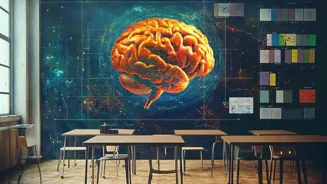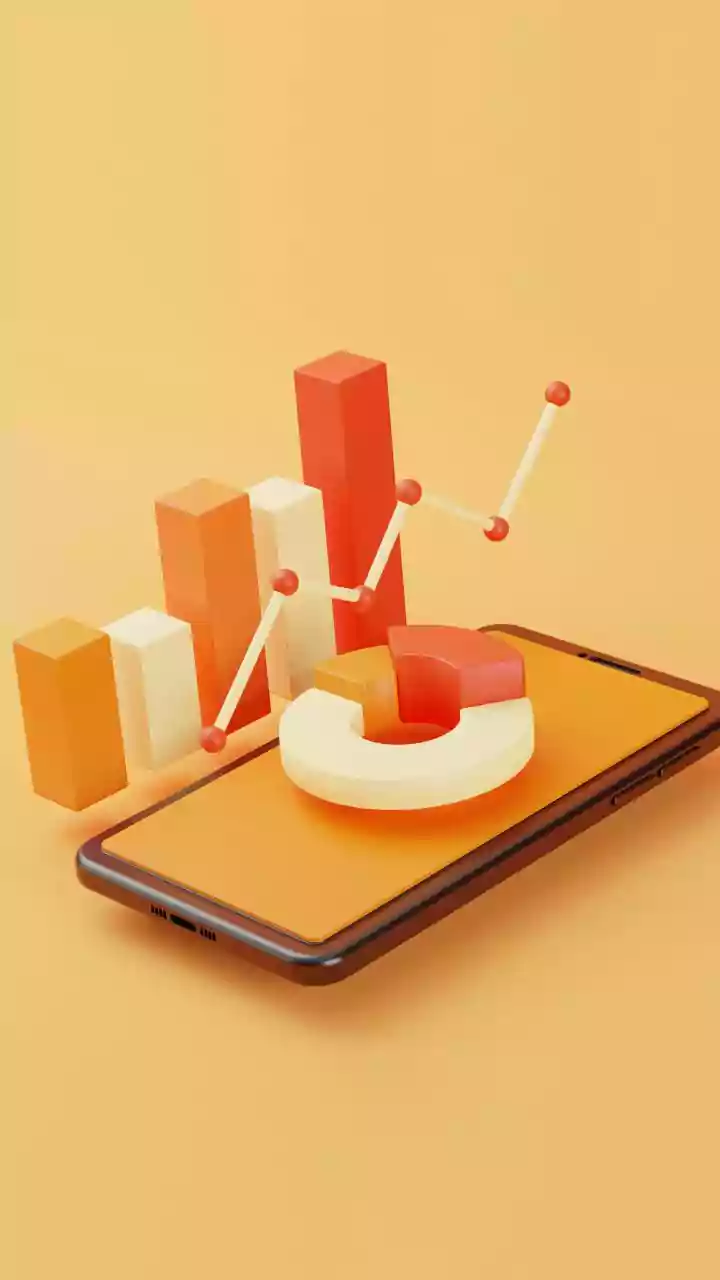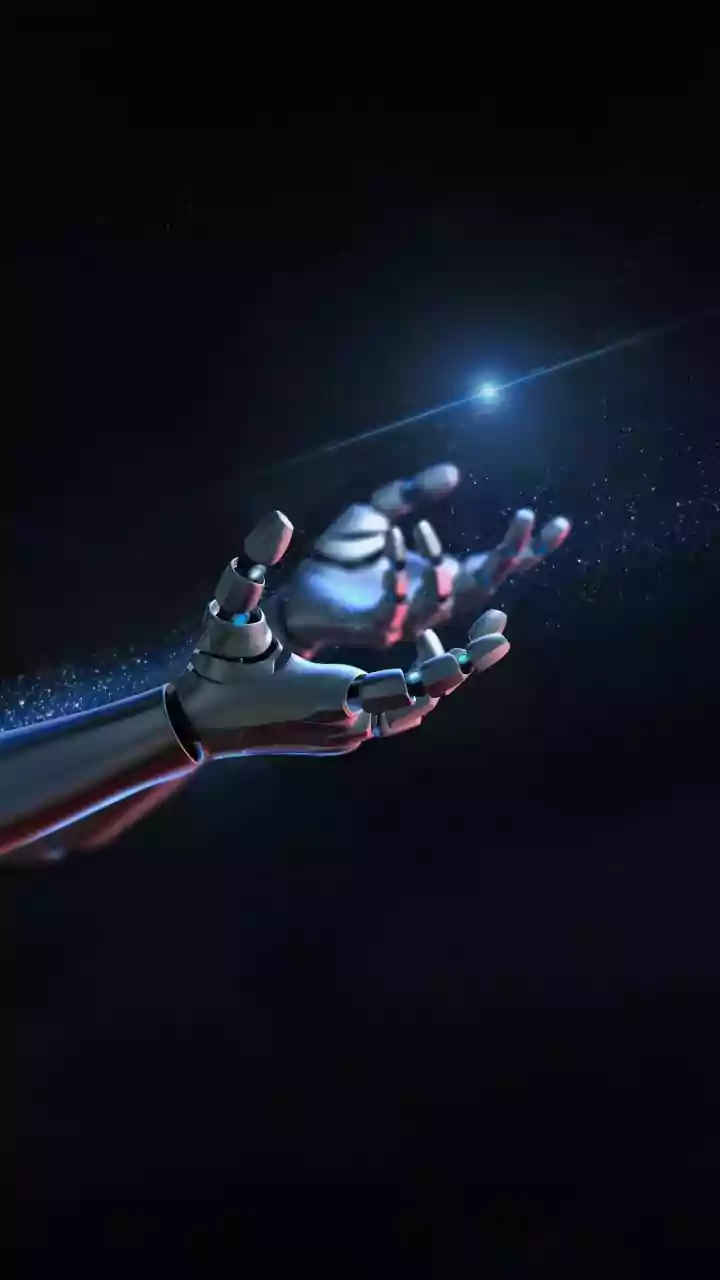In the last decade, amid the wave of digital transformation and COVID-19 pandemic, online learning has been accelerated,
As India celebrates Teacher’s Day
2025 on September 5, it would not be wrong to say that in recent times, the traditional image of a teacher standing at a chalkboard has undergone a massive change. Now there has been a technological revolution in teaching and learning as well with bustling classrooms changing to virtual lecture halls. And at the heart of it lies artificial intelligence (AI) and online learning platforms. The recent innovations are reshaping the way students learn while redefining the very role of educators as well.
In the last decade, amid the wave of digital transformation and COVID-19 pandemic, online learning has been accelerated, but in 2025, these are further enhanced due to AI-powered platforms, and virtual classrooms. Apart from these, augmented reality (AR) and virtual reality (VR) have become integral to learning. Teachers now work as mentors, facilitators, and guides, and more that 70% of schools globally now have AI-powered tool integration, as per a recent UNESCO report.

Personalised Learning with AI
One of the most major contributions of AI in education is personalisation. Since traditional classrooms often have to deal with large class sizes, AI tools can now personally analyse students’ strengths, and weaknesses, and provide them tailored lessons. AI-powered platforms like BYJU’S, Khan Academy, and others have progress trackers that modify content as per the learner’s performance. In this way, the struggling students get additional support from the teachers, who in turn, can use the analytics to better understand and gauge each student’s journey.
Hybrid Learning
In 2025, hybrid learning, which is a blend of physical and online education, has become the norm. In fact, virtual classrooms enable students from remote regions to get quality education. AR and VR-powered learning environments give them real-world experiences. For instance, medical students can practice surgeries in virtual labs, and history classes come alive with virtual tours of ancient civilizations.
On the other hand, teachers can use these tools for managing both in-person and online engagement. There has also been a rise of digital whiteboards for a dynamic learning ecosystem.
Nonetheless, the integration of AI has not replaced teachers, but has certainly amped up their roles. They are now learning curators, life coaches, and emotional support systems as well, in this tech-driven world. Teachers, too, can indulge in constant upskilling with online certifications, digital pedagogy training, and AI literacy programs.

Challenges of AI in Education
While AI has opened doors to several innovations, it also brings challenges. Data privacy remains a major concern, as AI systems collect student information. Also, students can over-rely on technology, and might prioritize screen time over human connection. Although India is expanding internet access throughout the country, rural areas still struggle with connectivity and infrastructure. Hence, policymakers and schools need to focus on balanced learning models.
As we step further into 2025, the future of teaching is supposed to be more of a human-technology partnership. Teachers do bring cultural understanding, while AI provides efficiency, and innovation. Together, they can create a holistic learning environment for both students and teachers.




















